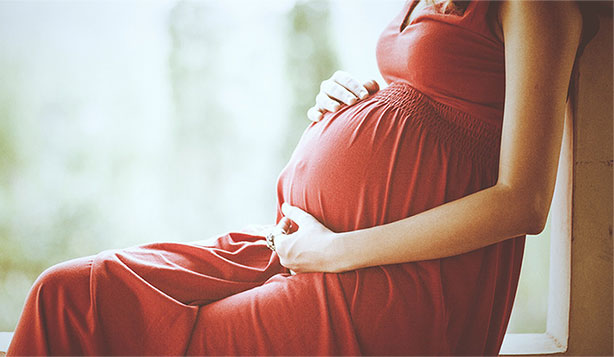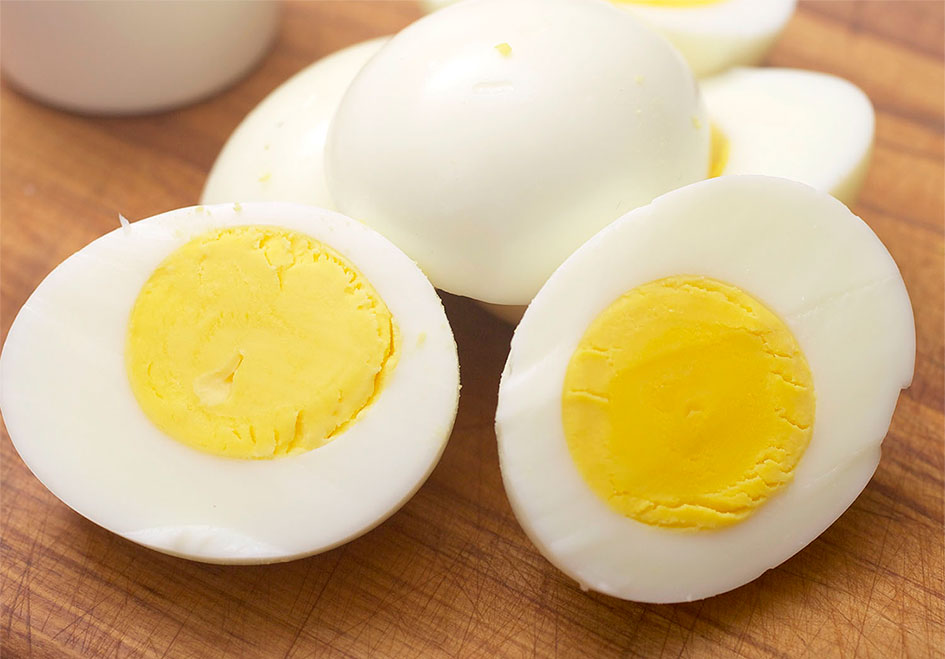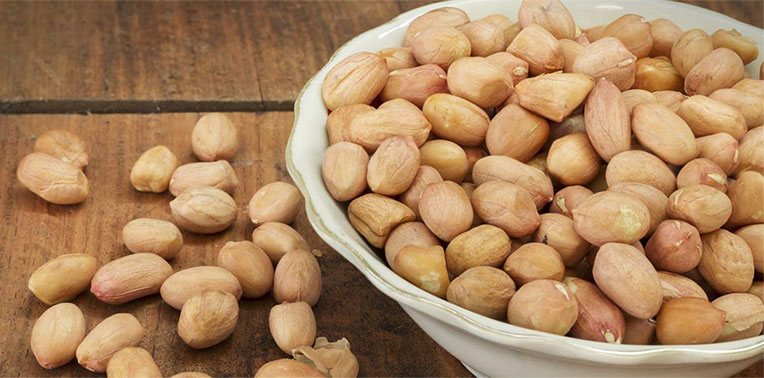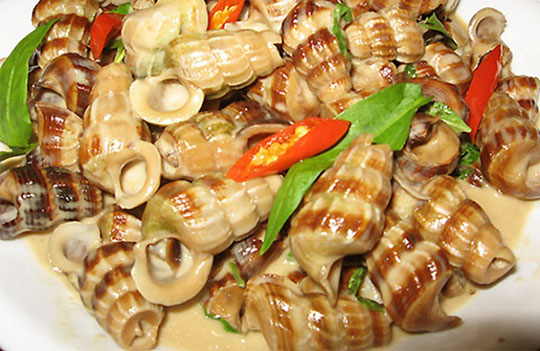Consuming eggs during pregnancy may cut risk of food allergies in babies
What may come as a sigh of relief for the preggers or the new moms is that they don't need to say no to eggs anymore, thinking about the allergy threats to their little ones.

Washington: What may come as a sigh of relief for the preggers or the new moms is that they don't need to say no to eggs anymore, thinking about the allergy threats to their little ones.
Rather, eating eggs, peanuts and shellfish during pregnancy may help in protecting the new born from food allergy symptoms.

Researchers at Boston Children's Hospital and Harvard Medical School have shown that pregnant mice, exposed to egg, transferred protective antibodies to their offsprings through their breast milk. This research in mice reinforces recent guidance that women should not avoid allergenic foods while they are pregnant or breastfeeding.
Also Read: Eating mushrooms, porridge may boost sex drive
Also Read |
Diet high in fruit, vegetables associated with lower miscarriage risk, finds study
The research indicated that a mother's diet can protect nursing newborns against food allergies. Researcher Dr. James R. Baker said that this elegantly designed and controlled study shows that mothers should feel free to eat a healthy and diverse diet throughout pregnancy and while breastfeeding.

"Eating a range of nutritious foods during pregnancy and breastfeeding will not promote food allergies in developing babies, and may protect them from food allergy," Baker added. The study's findings are consistent with new dietary recommendations for pregnant and nursing mothers.
Allergists now recommend that, unless mothers already have diagnosed food allergies, they should not avoid allergenic foods while pregnant and nursing. At the same time, Baker noted that maternal and early childhood diets do not cause food allergies in children.
Also Read: Eat more green leafy vegetables, fruits to live longer
Also Read |
Trying to conceive? Shed those extra kilos first
Aided by a protein in the offspring's gut lining and some immune cells, the food protein-antibody complexes are taken up and introduced to the offspring's developing immune system, triggering the production of protective cells that suppress allergic reactions to the food.

These protective cells persist after antibodies from the mother are gone, promoting long-term tolerance to the food. A similar mechanism may offer protection to human infants. (ANI)
 Dynamite News
Dynamite News 